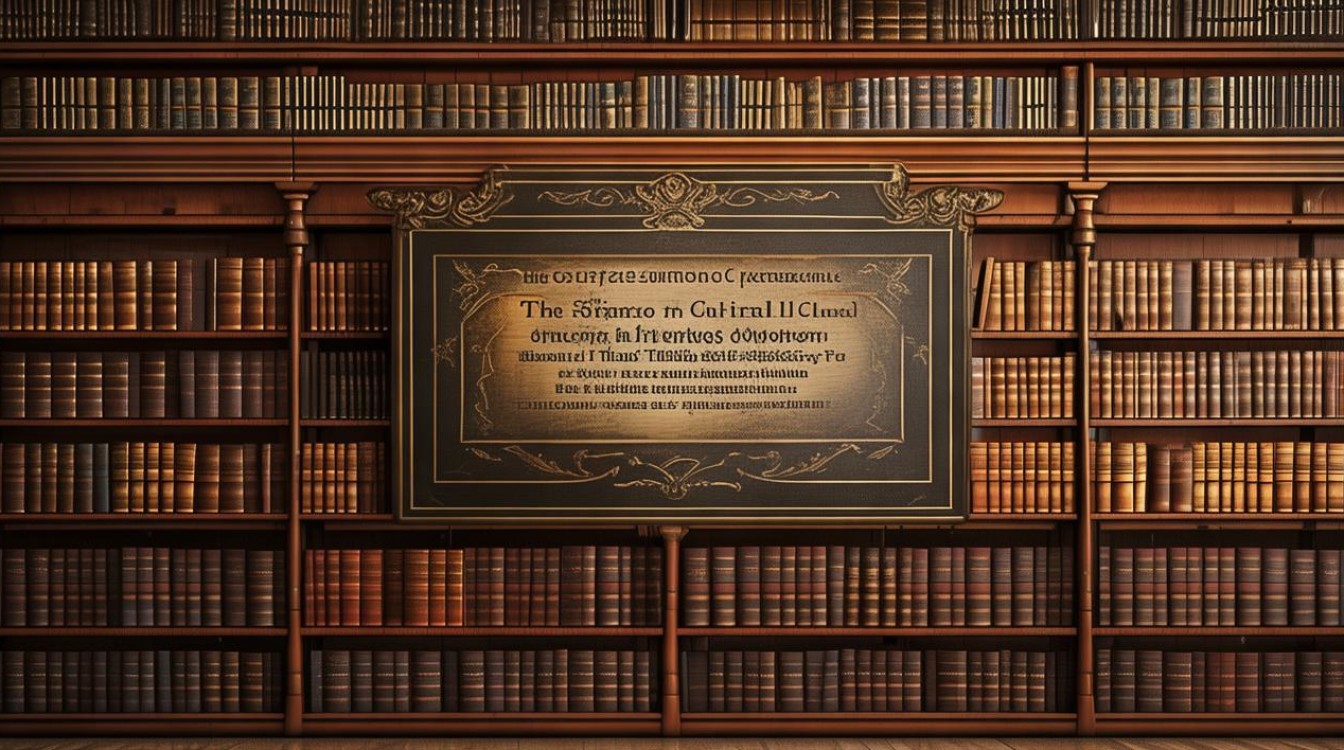Writing about culture in English essays offers a unique opportunity to explore the richness of human traditions, beliefs, and values. Whether discussing literature, art, festivals, or social customs, cultural topics provide depth and perspective. For students and writers, mastering this theme enhances language skills while fostering global awareness.

Why Cultural Topics Matter in English Writing
Cultural themes serve as a bridge between language learning and real-world application. When students write about traditions, historical events, or societal norms, they engage with vocabulary in context. This approach improves retention and fluency. Additionally, exploring diverse cultures encourages critical thinking and empathy.
For example, analyzing a Chinese festival like the Spring Festival or comparing Western and Eastern educational systems requires research and reflection. Such exercises develop analytical skills while broadening cultural understanding.
Choosing the Right Cultural Subject
Selecting an engaging topic is crucial. Writers should focus on subjects that resonate with readers while offering fresh insights. Some effective ideas include:
- Traditional Festivals – Describing celebrations like Diwali, Christmas, or Carnival highlights cultural uniqueness.
- Literature and Folklore – Examining myths, legends, or classic novels reveals societal values.
- Art and Music – Discussing traditional dances, paintings, or musical styles showcases creative heritage.
- Social Customs – Exploring etiquette, marriage traditions, or dining practices provides comparative perspectives.
A well-chosen topic not only captivates readers but also demonstrates the writer’s ability to connect language with meaningful content.

Structuring a Cultural Essay
A clear structure ensures coherence and readability. The following framework works well:
Introduction – Begin with a compelling hook, such as a quote, fact, or anecdote. Introduce the cultural theme and its significance.
Body Paragraphs – Each paragraph should focus on a specific aspect. For instance, if writing about Japanese tea ceremonies, one section could explain the history, another the steps involved, and a third the philosophical meaning.
Conclusion – Reinforce the main idea without repetition. End with a thought-provoking statement or a call to further exploration.

Enhancing Authenticity and Depth
To avoid superficiality, writers should incorporate primary sources, personal experiences, or expert opinions. Quoting historians, referencing scholarly articles, or sharing firsthand observations adds credibility.
For instance, instead of vaguely stating, "Indian weddings are colorful," a stronger approach would be: "According to anthropologist Dr. Mehta, Indian weddings symbolize familial unity through rituals like the Saptapadi, where couples take seven sacred steps together."
Balancing Language and Cultural Insight
While fluency is important, clarity should never be sacrificed for complex vocabulary. Simple, precise language often conveys ideas more effectively. However, using culturally specific terms (like "hanbok" for Korean traditional dress) enriches the text when properly explained.
Transitional phrases ("Moreover," "In contrast," "For instance") improve flow, ensuring the essay reads naturally.

Common Pitfalls to Avoid
- Stereotyping – Avoid generalizations like "All Europeans love classical music." Cultures are diverse; acknowledge variations.
- Overemphasis on Differences – While contrasts can be interesting, highlighting shared human experiences fosters connection.
- Neglecting Current Relevance – Linking traditions to modern issues (e.g., how digitalization affects cultural preservation) adds depth.
The Role of Cultural Essays in Global Communication
In an interconnected world, understanding cultural narratives promotes tolerance and collaboration. English, as a global lingua franca, serves as the perfect medium for this exchange. Writers who articulate cultural insights contribute to a more informed and empathetic society.
Mastering cultural essays requires practice, curiosity, and respect for the subject. By blending linguistic precision with genuine interest, writers can produce work that educates and inspires. Whether for academic purposes or personal growth, exploring culture through English opens doors to endless learning.
The ability to articulate cultural themes with clarity and sensitivity is a skill that transcends borders. It allows us to appreciate the tapestry of human experience while refining our command of language. In doing so, we not only become better writers but also more thoughtful global citizens.



